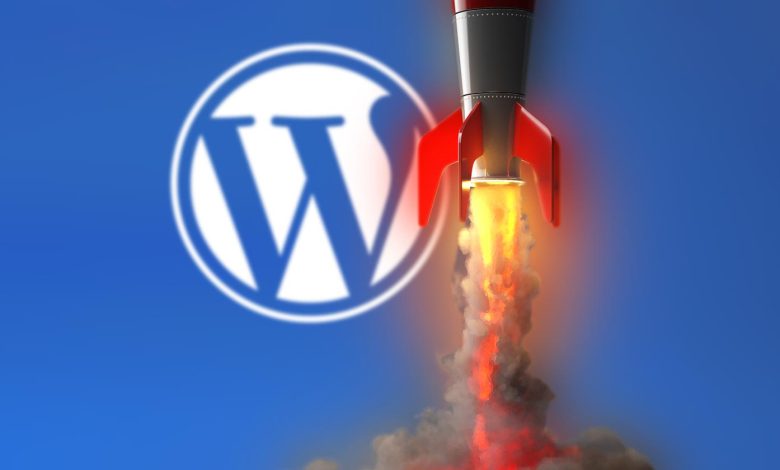
Automattic has introduced a new plugin aimed at improving Core Web Vitals scores. Currently, this plugin is in the testing phase and is not intended for live production sites.
The Jetpack Boost plugin is now available in version 0.9.19 at the official WordPress.org plugin repository. Version 1.0 is expected to be released within the next week or so.
Jetpack Boost will remain free, with potential future features also included at no cost. Additional premium features might be introduced to automate certain functions, but the plugin aims to be helpful in both its free and premium versions.
Jetpack Boost
According to Automattic, this plugin is not intended for live production sites. It is available for download as pre-release software for testing on a non-live site. The plugin is in its alpha stage.
The primary goal of Jetpack Boost is to provide an easy way for WordPress websites to enhance user experience metrics related to speed and core web vitals.
While many WordPress plugins that improve speed require technical expertise to use effectively, Jetpack Boost is designed as a one-click solution. Although the current alpha version enhances three areas, future updates may expand its features based on user feedback.
Screenshot of Jetpack Boost Dashboard
Features of the Jetpack Boost Plugin
The new Jetpack website speed optimization plugin currently has three main features, but more may be added.
- Local Critical CSS
- Defer Non-essential JavaScript
- Lazy Image Loading
1. Local Critical CSS
CSS (Cascading Style Sheets) is code that tells the browser how to style a web page, including its width, colors, image sizes, and overall layout. CSS is a render-blocking resource, meaning a web page can’t be displayed until the CSS is fully downloaded.
Critical CSS improves loading speed by extracting essential CSS for above-the-fold content and inlining it within the web page code, rather than in a separate file. The Local Critical CSS module uses the asynchronous attribute, so the CSS file doesn’t block rendering.
Removing render-blocking resources is crucial for better user experience and achieving improved Core Web Vitals scores.
2. Defer Non-essential JavaScript
In HTML, elements like JavaScript, Paragraph, or Link serve as building blocks of a web page. Attributes modify these elements’ behaviors; for instance, the "nofollow" attribute tells search engines not to follow a link.
For JavaScript, the "defer" attribute instructs the browser to keep building the web page while downloading the JavaScript but to execute it only after the page is fully downloaded.
Jetpack Boost defers non-critical JavaScript. According to the official plugin description:
“Defer Non-Essential Javascript moves some tasks to after the page loads, so that important visual information can be seen sooner.”
3. Lazy Image Loading
Lazy loading speeds up page load times by downloading only the images that are within the visible part of the browser screen. Images outside the initial view are loaded as the user scrolls.
Ease of Use
Jetpack Boost is user-friendly. Simply install the plugin and activate the needed modules. However, it’s important to remember this is an alpha version meant for testing on non-live sites.
Custom JavaScript publishers should check that the Defer JavaScript module doesn’t disrupt their scripts. Jetpack Boost version 1.0 is expected within weeks, and additional functionalities may be added in the future. For now, Jetpack Boost shows promise for website speed optimization.
Citation
WordPress.org Plugin Page for Jetpack Boost By Automattic, XWP



